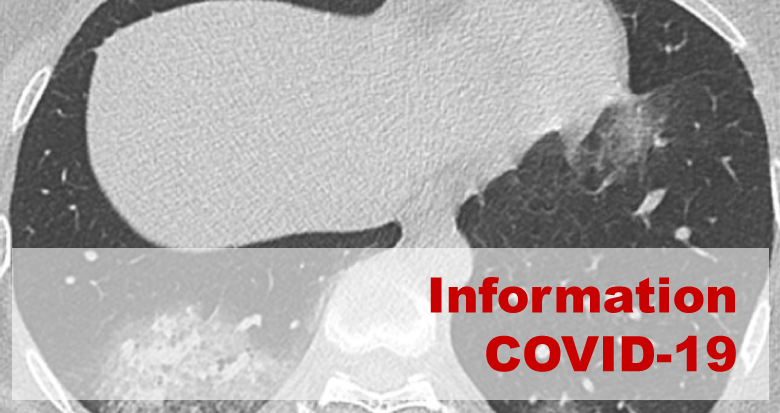
Effective March 18, 2020; updated March 19, 2020
As the COVID-19 pandemic continues to evolve with cases rapidly increasing in the United States, it is clear that healthcare systems nationwide will be at risk of becoming overwhelmed. Because interventional radiology is integral to hospital-based care, it is imperative that IRs support efforts to protect public safety by reducing the transmission of disease and by decreasing the burden on our healthcare system by optimizing the use of limited resources.
As such, the Society of Interventional Radiology (SIR) is making the following recommendations in response to statements from the Surgeon Generali and the Centers for Medicare & Medicaid Services (CMS)ii
on elective surgeries as well as interim guidance from the Centers for Disease Control and Prevention (CDC)iii:
- Cancel all procedures except for those that are urgent or emergent. As the practice of IR is broad, specific nuances should be considered during the medical decision-making process including the health status of the patient, medical acuity and expected outcome, and local logistics pertaining to resource allocation. While some practices in endemic areas may already be working in an emergency triage model, we urge all IR physicians to begin the triaging process by engaging with their hospital administrations and colleagues within other medical specialties to classify procedures into those that are urgent/emergent vs. elective in a manner that best supports their practice situations and community needs. Cancellation and deferment of elective cases ensure that we contribute to maximizing hospital resources for the sickest patients. Communicate often to review measures as this is a dynamic situation.
- Minimize the use of essential items that will be needed to care for patients in the event of a surge of cases. This includes, but is not limited to, ICU beds, PPE, ventilators. Limiting the number of individuals caring for patients (essential personnel only) now minimizes current PPE utilization, allowing for conservation and sufficient supply when needed. Many locations have experienced PPE shortages, so securing PPE materials now will preserve them for future use for our frontline staff.
- Screen all patients for high risk exposure or symptoms according to the CDC guidelines for at-risk patients.iv
- Optimize-staffing and consider cohorting teams to facilitate social distancing and limit risk of community spread. Utilize telehealth services for IR clinic and follow-up visits when appropriate to limit exposure. Please see https://www.cms.gov/newsroom/fact-sheets/medicare-telemedicine-health-care-provider-fact-sheet for additional information.
We recommend that you refer to the CDC’s “Interim Guidance for Healthcare Facilities: Preparing for Community Transmission of COVID-19 in the United States” for more specific steps you can take to prepare for and respond to community spread of COVID-19. For additional guidance specific to IR, please see SIR’s COVID- 19 Toolkit for Interventional Radiologists (https://www.sirweb.org/globalassets/aasociety-of-interventional- radiology-home-page/practice-resources/covid-19-toolkit.pdf).
We are aware that this situation is rapidly changing. This guidance will be updated as necessary as more information becomes available. Please continue to monitor www.sirweb.org for additional resources related to COVID-19. We urge the IR community to use platforms such as SIR Connect to share new information and best practices as they become available to continue the conversation to better serve our patients and the community.


